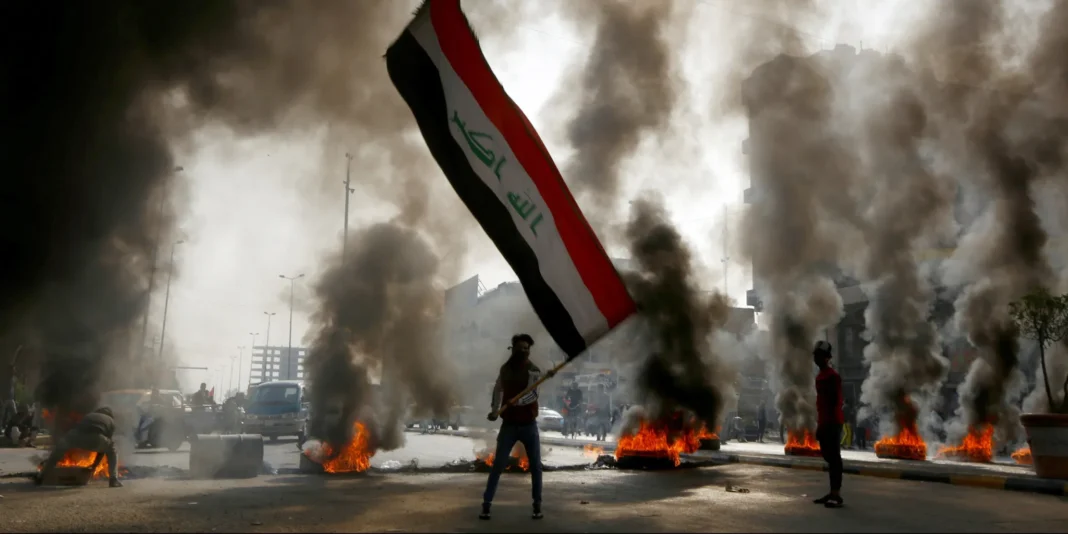The United States placed sanctions on Iran-backed groups in Iraq. These measures target four major Shiite factions with strong influence. The announcement sparked political and economic debate across Baghdad. Many Iraqis now question how these sanctions will affect daily life and national stability. Investors also watch closely, unsure of Iraq’s next steps.
Iraq faces pressure from both Washington and Tehran simultaneously. The US uses sanctions to reduce Iran’s influence inside Iraq. Tehran continues to support its allies and resist foreign pressure. This rivalry leaves Iraq in a difficult position, caught between competing interests. Local politicians must respond promptly to avoid further escalation of tension.
Iraqi leaders now navigate a delicate political landscape. They want to maintain relations with Washington while protecting ties to Tehran. Sanctions complicate decision-making and heighten competition among factions. Each political move risks upsetting one side or the other, making Iraq’s leadership challenge even greater.
The economy shows early signs of strain. Foreign companies hesitate to invest when political risks increase. Banks and investors monitor new restrictions, which affect trade and growth. These conditions slow economic development and reduce job opportunities for Iraq’s young population. Market confidence remains fragile, tied closely to political stability.
Public opinion in Iraq remains divided. Some citizens welcome sanctions as a tool to curb militias’ influence. Others argue these measures interfere with Iraq’s sovereignty and independence. Media outlets reflect this split, with both praise and criticism dominating coverage. This division underscores the difficulties Iraq faces in uniting the country politically.
Regional powers also watch closely. Gulf states support US sanctions and encourage Iraq to resist Iran’s reach. Tehran urges its allies to push back against restrictions, escalating tension further. Iraq becomes a focal point for regional competition, with economic and political stakes intertwined.
Overall, the struggle over Iraq’s future grows sharper under these sanctions. The measures highlight how international pressure directly affects Iraq’s economy and politics. Iraqi leaders must balance sovereignty, stability, and growth while responding to rising sanctions. How Iraq manages these pressures will shape its trajectory for years to come.





